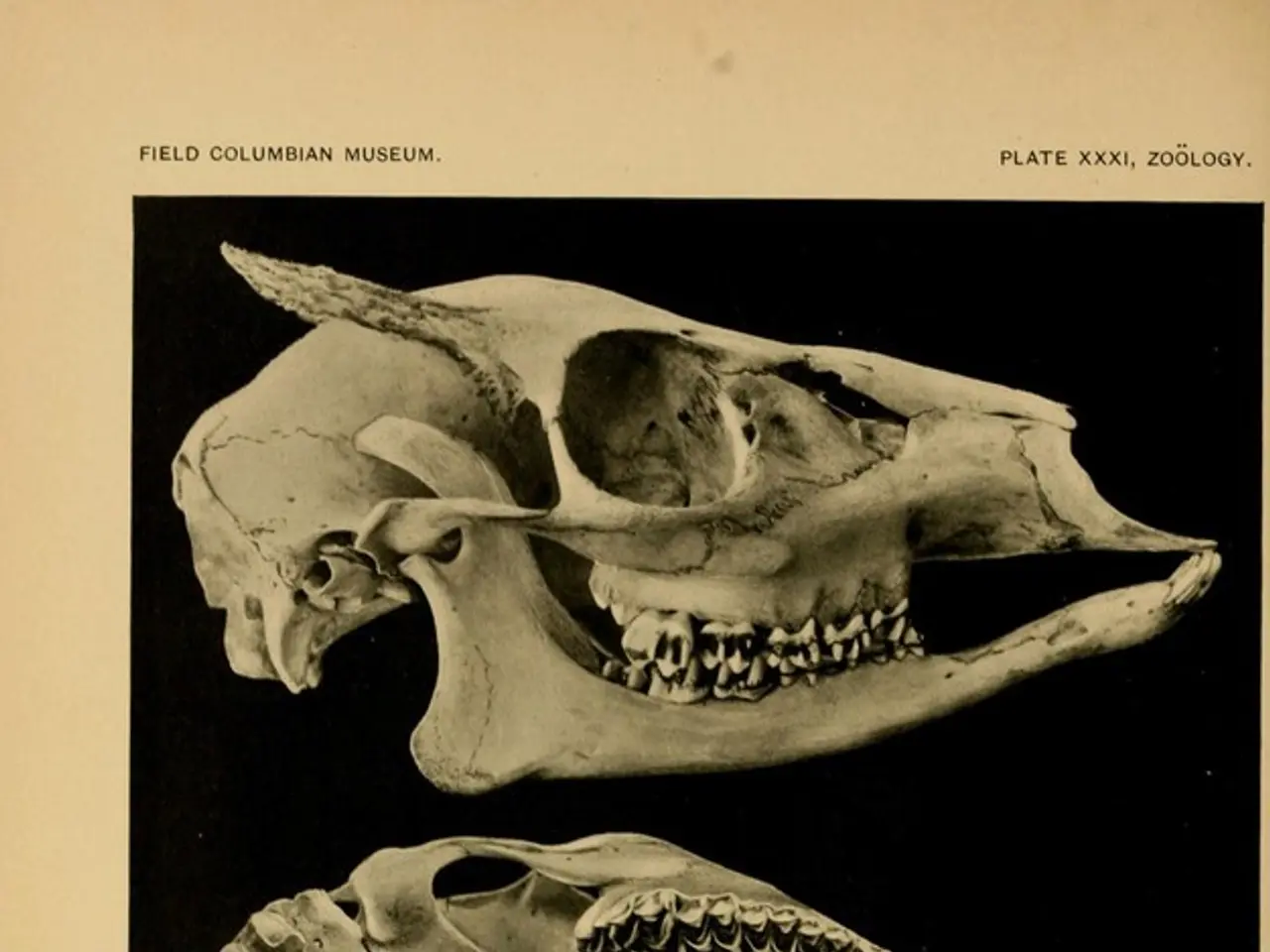Unveiling a Dozen Fascinating Insights into the Human Psyche
The human mind, a fascinating and complex subject, continues to captivate scientists and researchers worldwide. This article delves into various intriguing aspects of the human mind, exploring topics ranging from dreams and memories to addictions and consciousness.
One of the most intriguing phenomena related to the human mind is the critical periods in childhood, during which a child "must" learn certain skills, such as language, or else it becomes difficult later.
Dreams, another enigma, are believed to have psychological meaning, often connected to repressed, desired, or censored material that we unconsciously veto when awake. Despite extensive research, dreams remain a great mystery in the study of the human mind.
Another fascinating aspect is the phantom limb syndrome, a condition experienced by many amputees who feel sensations in a limb that no longer exists. This phenomenon is linked to the human brain's plasticity, its ability to regenerate neurons in an anatomical and functional way.
The human mind is not just a machine for processing information; it is deeply shaped by relationships, experiences, memory, and culture. The brain uses cognitive shortcuts like biases to make sense of overwhelming information, which can sometimes distort reality to defend our identities.
Sensory perception is dynamic and context-dependent, with the brain continuously modulating sensory input. This adaptive mechanism explains why the same stimulus can feel different at different times depending on attention or other stimuli present.
Psychological experiments reveal that brain responses and behavior are often shaped by subconscious and social factors. For instance, empathy can be automatic or require effort, depending on the individual, and self-fulfilling prophecies show how social expectations can causally shape outcomes like academic performance.
Innovative research with brain organoids, or artificial models, is helping to uncover how circuits form and function in development and disease. These models have revealed how neurons self-organize into functional circuits responsible for sensory processing, movement, and complex disorders, offering a window into mind emergence from cellular assemblies.
Perhaps the greatest mystery of all is consciousness, the subjective experience of being aware. Although the neural correlates of consciousness have been identified, the exact nature of consciousness remains an unsolved mystery. The brain mechanisms that act in different types of addictions, such as addiction to video games, shopping, alcohol, etc., are the same as those that act in drug addictions.
Memories, a complex aspect of the human mind, are still largely unknown. When we remember something, it is not that we remember that specific event but we actually remember the last time we remembered said event or moment. Some of the brain cells that reproduce are neurons located in the hippocampus, a structure related to memory and memories.
Lastly, it is worth noting that spending money on others, especially people we appreciate, produces a feeling of satisfaction and fulfillment greater than if we were spending it on ourselves. This highlights the social and emotional aspects of the human mind, reminding us that we are not just biological machines but complex beings shaped by our relationships and experiences.
The human mind, with its neural complexity, interplay of conscious and unconscious processes, cognitive biases, and dynamic brain circuits, continues to be a multilayered phenomenon. As we continue to unravel its mysteries, we gain a deeper understanding of ourselves and the world around us.
[1] Koch, C. (2012). Consciousness: Confessions of a Romantic Reductionist. MIT Press. [2] Kahneman, D. (2011). Thinking, Fast and Slow. Farrar, Straus and Giroux. [3] Edelman, G. M. (2004). Bright Air, Brilliant Fire: On the Matter of the Mind. Basic Books. [4] Haidt, J. (2006). The Happiness Hypothesis: Finding Modern Truth in Ancient Wisdom. Basic Books. [5] Veselý, J., & Knoblich, G. (2015). The psychology of thinking: Exploring mental processes. MIT Press.
- The mysterious phenomenon of critical periods in childhood, where specific skills like learning a language must be learned, is a significant focus of both neuroscience and psychology researchers.
- Despite extensive research, the meaning behind dreams remains elusive in the field of psychology and mental health, often connected to repressed thoughts and desires.
- The human mind's plasticity, as demonstrated by phantom limb syndrome, is a topic of fascination in science, particularly in the realm of health and wellness, as it showcases the brain's ability to regenerate neurons.
- The human mind, a multilayered phenomenon, is not solely a biological machine but a complex entity deeply shaped by relationships, experiences, and cultural influences, as seen in self-fulfilling prophecies and spending on others.




